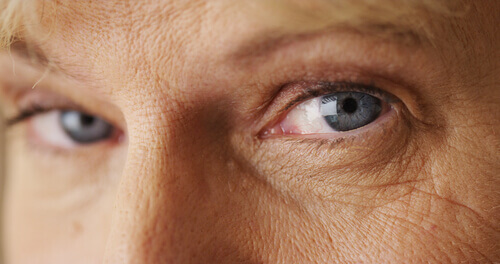Why Have Ectropion Repair Surgery?
Ectropion repair surgery is a cosmetic service that is performed when excess eyelid cartilage needs to be removed due to the lids turning outward. This mostly occurs in the lower eyelids. The procedure is performed to relieve discomfort, redness, and irritation; improve appearance; and prevent eye infections. When the lower lids turn out, there is an increased chance that bacteria and other debris will get into the eye.
that is performed when excess eyelid cartilage needs to be removed due to the lids turning outward. This mostly occurs in the lower eyelids. The procedure is performed to relieve discomfort, redness, and irritation; improve appearance; and prevent eye infections. When the lower lids turn out, there is an increased chance that bacteria and other debris will get into the eye.
While the procedure has been around for a while, the laser technique is a new advancement that patients in Shelton, Connecticut, can choose. It is a faster procedure with a shorter recovery period. Once recovered, the result is a tighter lower eyelid.
About the Procedure
When ectropion repair surgery is performed, a small incision is made so that cartilage can be cut and isolated from the lower eyelid’s outer edge. This process is repeated from the outer edge of the eye to the inner edge. This pulls the eyelid back in.
This is an outpatient procedure that is performed within an hour, so the only time a hospital stay is needed is when there is a complication. Fortunately, complications are rare. This is especially true since new surgical advancements have been made.
Information to Provide to Your Ophthalmologist
There are certain things you want your ophthalmologist to know before undergoing the procedure:
- The medications you are taking.
- If you have any food or medication allergies.
- If you are taking blood thinners or clotting medications.
- If you or any family members have bleeding disorders.
- If you have high blood pressure, diabetes, or chest pains or you have had a heart attack in the past.
- If you have had a pulmonary embolism or deep vein thrombosis.
- If you have a history of frequently fracturing bones.
- A list of previous medical procedures.
Before Surgery
There aren’t any special preparations that have to be made unless your doctor tells you otherwise. The information that you need to provide your doctor before the procedure may influence the instructions you are given. For instance, a person with diabetes may need to make sure blood sugar stays within a normal range, especially during the procedure. You’ll also need to sign a consent form prior to the procedure.
You will also need to provide a urine sample, an eye examination will be performed, and your doctor may order additional tests, depending on your medical history. Any questions that you have, you can ask your doctor. These questions may include information about the procedure, the benefits as they pertain to your situation, how the procedure will help you, what you should and shouldn’t do after surgery, cost, post-surgical medication that may be required, and if any follow-up tests will be needed.
After Surgery
There are some risks to this cosmetic service, which includes excessive bleeding, accidental injury to the cornea or neighboring tissue, and infection. Blood loss is minimal, but there may be some bruising. Aside from the possible risks, the recovery is usually very god.
If you experience pain around the incision, redness, swelling, drainage, bleeding, dizziness, fever, muscle aches, vision changes, signs of infection, nausea, or vomiting, it is important to call your doctor as soon as possible.


